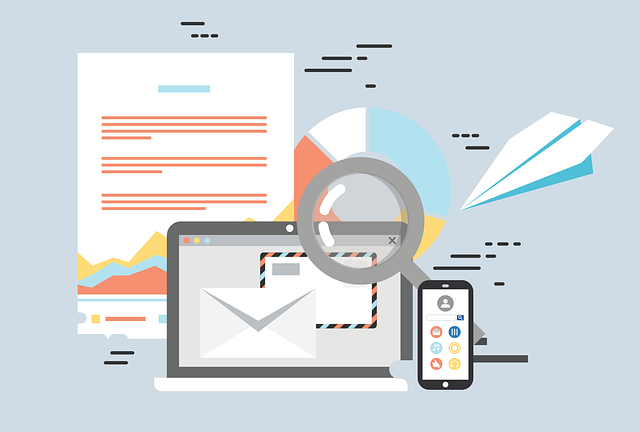Implementing AI in car repair shops significantly boosts efficiency, reduces costs, and increases profitability through automated diagnostics, inventory management, and administrative tasks. AI productivity coaching systems analyze historical data to optimize scheduling, predict parts requirements, and streamline processes, freeing up technicians for complex repairs and improving overall workflow management. In the competitive automotive sector, these intelligent systems are a game-changer, enabling auto shops to stay ahead of industry trends, enhance customer satisfaction, and maintain their competitive edge through data-driven decision-making.
In today’s digital era, AI integration is transforming car repair shops into efficient, profitable centers. This article explores best practices in AI adoption for auto shops, focusing on enhancing workflows and achieving cost savings. We delve into specific strategies like implementing AI for tasks ranging from diagnostics to inventory management, ensuring long-term profitability through continuous learning and adaptation. Additionally, we highlight the role of AI productivity coaching in optimizing shop operations and maintaining a competitive edge.
- Understanding AI Integration in Car Repair Shops
- Implementing AI for Efficient Workflows and Cost Savings
- Continuous Learning and Adaptation: Ensuring Long-Term Profitability with AI Productivity Coaching
Understanding AI Integration in Car Repair Shops

In today’s digital era, AI integration is no longer a futuristic concept but an essential tool for car repair shops aiming to enhance productivity and boost profitability. By implementing AI, auto shop owners can automate repetitive tasks, such as diagnostics and inventory management, freeing up valuable time for technicians to focus on more complex repairs. This not only improves efficiency but also ensures consistent and accurate work, leading to higher customer satisfaction.
AI productivity coaching plays a pivotal role in this transformation. Advanced algorithms can analyze vast datasets to identify patterns and inefficiencies within the shop’s operations. These insights enable managers to make data-driven decisions, optimize workflow, and allocate resources effectively. As AI continues to evolve, its potential to revolutionize car repair shops by improving overall efficiency and profitability becomes increasingly apparent.
Implementing AI for Efficient Workflows and Cost Savings

Implementing AI in car repair shops is a strategic move that can significantly enhance efficiency and drive down costs, ultimately boosting profitability. Intelligent automation technologies like AI productivity coaching systems offer numerous benefits tailored to the unique needs of auto shops. By analyzing historical data, these systems can optimize scheduling, predict parts requirements, and streamline diagnostic processes, reducing manual errors and idle times.
AI-powered tools can also automate administrative tasks, freeing up valuable time for technicians to focus on complex repairs. This not only improves workflow management but also allows shops to handle a higher volume of work without compromising quality. In terms of cost savings, AI can identify inefficiencies, suggest better practices, and optimize inventory management, minimizing waste and maximizing the life of parts and equipment, ultimately contributing to a more sustainable and profitable auto repair business model.
Continuous Learning and Adaptation: Ensuring Long-Term Profitability with AI Productivity Coaching

In today’s competitive automotive landscape, continuous learning and adaptation are key to ensuring long-term profitability for car repair shops. AI productivity coaching emerges as a powerful tool that can revolutionize their operations. By leveraging machine learning algorithms and vast datasets, AI systems can analyze historical service records, identify patterns in common repairs, and predict future maintenance needs. This enables auto shops to proactively optimize their inventory, streamline workflows, and offer more personalized services.
Furthermore, AI productivity coaching goes beyond data analysis. It provides real-time guidance to technicians during the repair process, suggesting best practices, offering step-by-step instructions, and even predicting potential issues before they occur. This not only enhances efficiency but also reduces errors, minimizing downtime and enhancing customer satisfaction. As the AI system continually learns from new data inputs, it ensures that the auto shop stays at the forefront of industry trends, maintaining its competitive edge in an ever-evolving market.
AI integration has the potential to revolutionize car repair shops, optimizing workflows, reducing costs, and enhancing overall efficiency. By leveraging machine learning and data analytics, shops can streamline processes from diagnostics to inventory management. Continuous learning and adaptation through AI productivity coaching ensure these systems evolve with changing automotive landscapes, ultimately driving long-term profitability. Embracing best practices in AI implementation is no longer a consideration but a necessity for auto shops aiming to stay competitive in the digital age.
